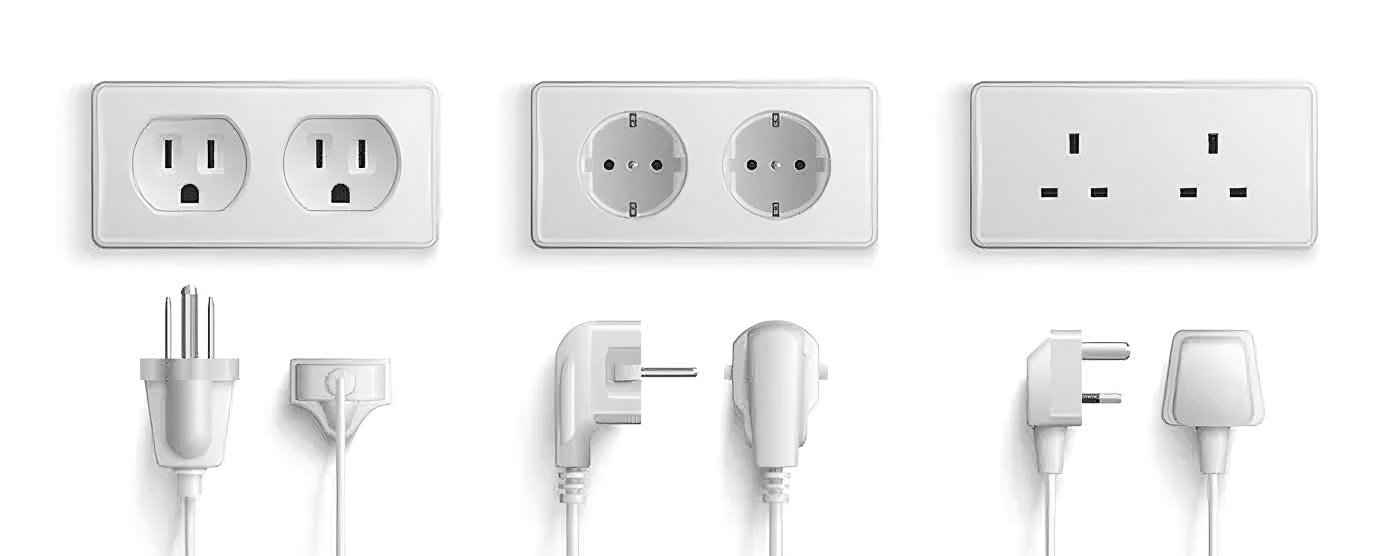Choosing the right electrical wiring for your home is one of the most critical decisions you can make for safety, performance, and long-term reliability. Wiring is not just about connecting electricity—it’s about ensuring your household runs efficiently while minimizing the risk of electrical hazards. When homeowners think about electrical work, they often focus on visible fixtures like lights and sockets, but the real backbone of a safe system lies within the wiring. In this guide, we’ll walk you through the essential considerations for selecting the best electrical wiring so that your home remains safe, efficient, and future-ready. Partnering with professionals such as Manikaran Enterprises ensures expert guidance and flawless installation, making your investment worthwhile.
Understand the Different Types of Electrical Wiring
Before making a decision, it’s important to understand the types of wiring available. Common residential wiring options include non-metallic sheathed cable (NM cable), armored cable, and underground feeder cable. NM cable is widely used for its flexibility and cost-effectiveness, while armored cable offers extra protection against mechanical damage. For outdoor or underground use, underground feeder cable is ideal. Each type of wiring has its own specific applications, and the choice should depend on where the wiring will be placed, the load requirements, and environmental factors.
Consider the Electrical Load and Capacity
Every home has unique electrical demands, and the wiring you choose must be capable of handling your load requirements. This involves calculating the total wattage your home appliances and systems will draw. Wiring that is too small for the intended load can overheat, leading to fire hazards. The right wiring size, measured in gauge, will ensure your system operates efficiently and safely. Consulting licensed electricians can help in determining the proper capacity, especially when upgrading systems or planning for future expansion.
Focus on Quality and Safety Standards
Electrical wiring is not an area where you should compromise on quality. Poor-quality wiring can degrade over time, leading to shorts, sparks, and potentially dangerous situations. Always choose wiring that meets national and international safety standards, such as ISI or IEC certifications. Using quality products also ensures better durability and reduced maintenance costs. Reliable companies like the Top Electrical Solution Company in Rajasthan can supply and install premium-grade wiring materials that meet or exceed safety standards.
Choose the Right Insulation Material
The insulation around your electrical wiring plays a vital role in preventing shocks, moisture damage, and heat buildup. Common insulation materials include PVC, XLPE (cross-linked polyethylene), and rubber. PVC is cost-effective and widely used, while XLPE offers higher temperature resistance and longer lifespan. For homes in hot climates or areas with high humidity, insulation with greater heat and moisture resistance is essential. Choosing the correct insulation ensures your wiring remains in good condition over the years.
Plan for Future Electrical Needs
Modern homes are increasingly dependent on technology, from smart lighting systems to energy-hungry appliances. When selecting wiring, it’s wise to plan for future upgrades and expansions. This means choosing wiring with a higher capacity than your current needs require. By doing so, you can avoid costly rewiring projects later. Whether you are renovating or building a new home, planning ahead ensures your electrical system can handle tomorrow’s demands without major changes.
Hire Skilled Professionals for Installation
Even the best wiring will fail if it’s not installed correctly. This is why it’s essential to hire experienced and certified electricians. Professionals ensure the wiring is installed according to safety codes, connections are secure, and load distribution is balanced. In addition to wiring installation, homeowners should also consider related services such as Electrical Panel Installation Services to ensure the entire system is optimized for performance and safety. Proper installation not only reduces the risk of faults but also extends the lifespan of your wiring.
Ensure Compliance with Local Electrical Codes
Local building codes and regulations exist for a reason—they help maintain a safe and standardized approach to electrical installations. Before beginning your wiring project, check the applicable codes in your area and ensure that all work is carried out in compliance. Using non-compliant wiring can lead to safety risks, legal issues, and problems when selling your property in the future. Certified electricians will always ensure compliance, giving you peace of mind.
Maintain and Inspect Wiring Regularly
Once your wiring is installed, maintenance becomes an important part of ensuring safety and efficiency. Over time, wiring can suffer from wear and tear, rodents, or environmental damage. Regular inspections can detect early signs of trouble, such as frayed insulation, corrosion, or overheating. Professional maintenance services can help extend the life of your electrical system and prevent costly repairs down the road.
Conclusion
Selecting the right electrical wiring for your home is a balance between safety, efficiency, and future readiness. By understanding the different types of wiring, considering electrical loads, focusing on quality, and hiring skilled professionals, you can ensure a reliable electrical system that will serve you for years. Partnering with trusted experts like Manikaran Enterprises guarantees that every aspect of your wiring installation meets the highest standards. With careful planning, quality materials, and regular maintenance, your home’s electrical system will remain safe, efficient, and capable of supporting your lifestyle for decades.




